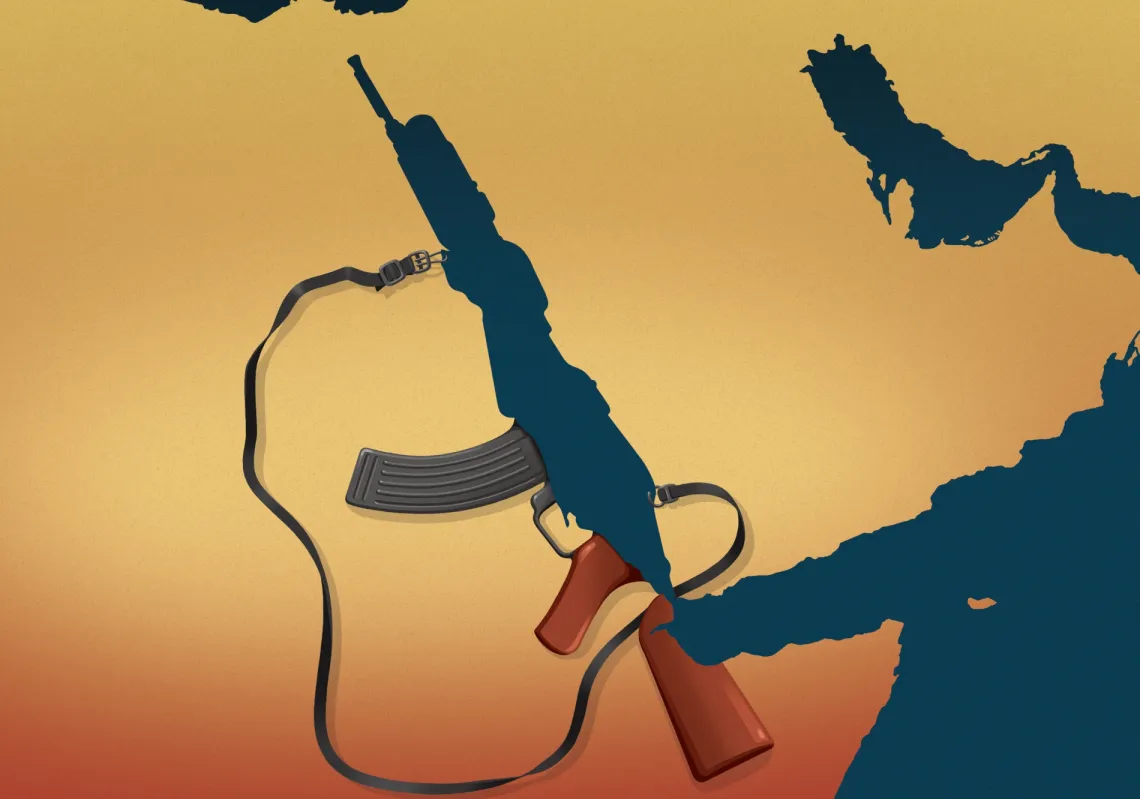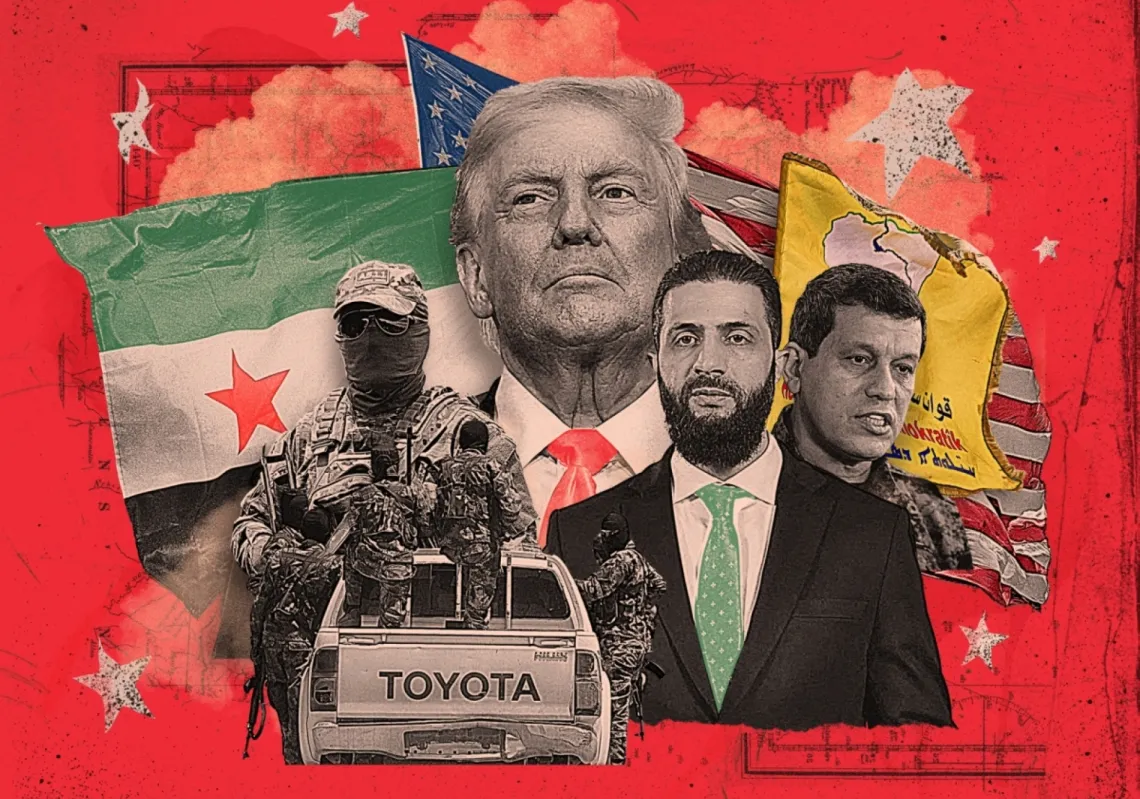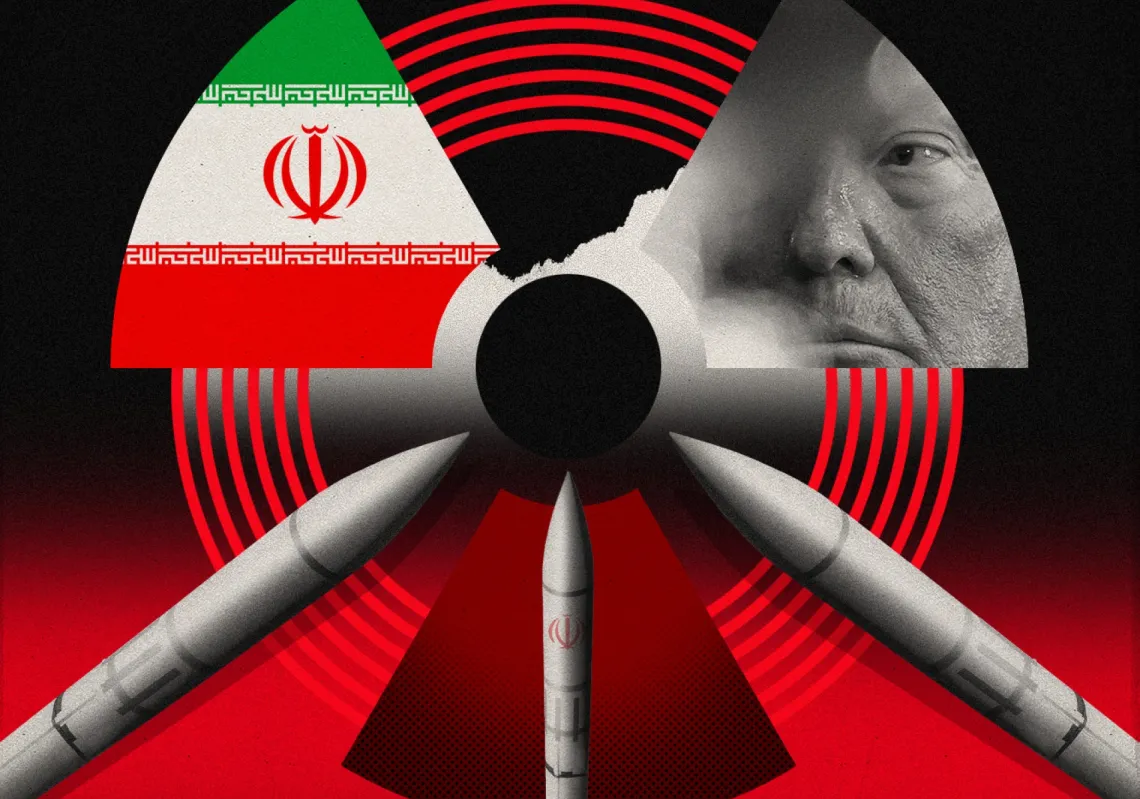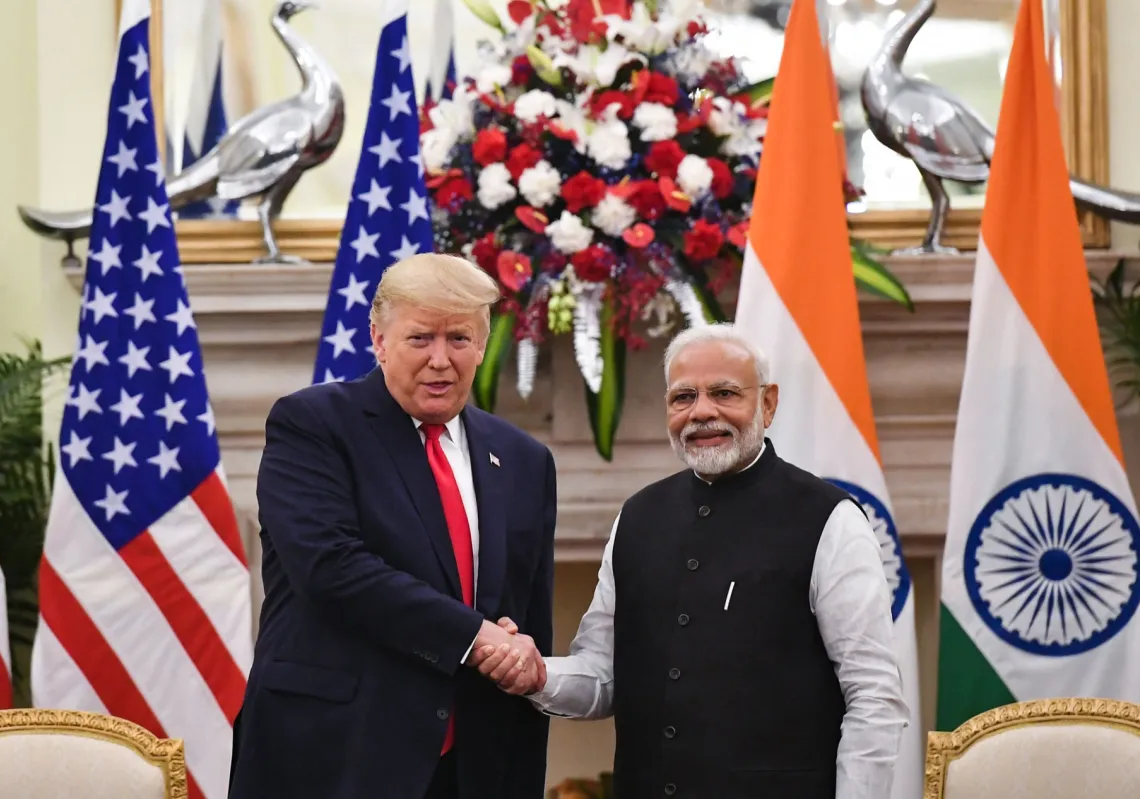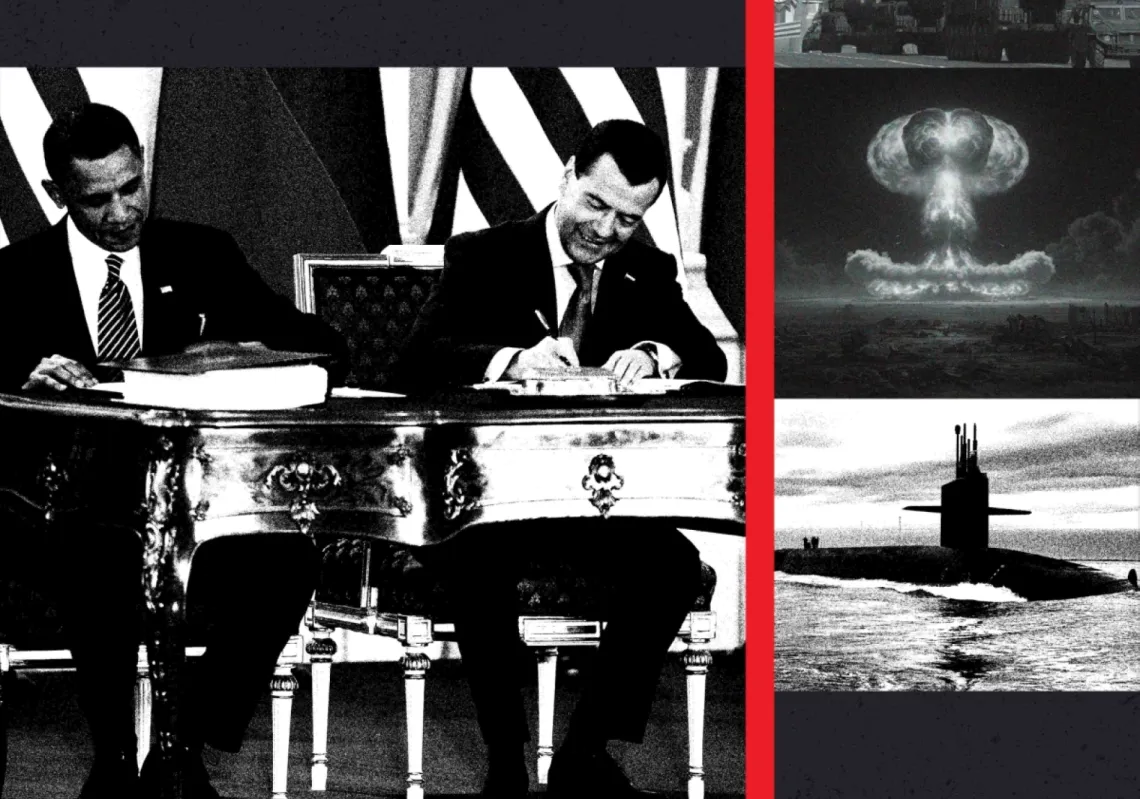In 1979, Khomeini returned (from Paris) to Tehran and established the theocratic state (governed by divine guidance), marking one of the worst events in the Middle East in the past thousand years, especially that the world by then had gotten rid of this kind of rule and rulers.
That step had many repercussions, including the reaction in Sunni Muslim societies, which I will summarize as follows:
The rise of Shiite Islamic fundamentalism to rule Iran coincided with the formation of Sunni Islamic fundamentalist movements in most Islamic societies, including the “Sahwa” movement.
When the plan to empower the Muslim Brotherhood to rule Egypt had failed, and Saudi Arabia and the United Arab Emirates confronted the expansion of the Brotherhood, which was supported by several Western parties, a wave of change took place in Saudi Arabia against fundamentalism and in favor of modernity. This change succeeded in aborting the scenario of the growth of Sunni Islamic fundamentalism that ignited the events of the so-called Arab Spring, which seemed to drag the Sunni Muslim majority communitiestowards this chaos.
Despite the current bloody events in Iraq, Syria and Yemen, there are some reasons to be optimistic. These include the Egyptian, Saudi and Emirati roles, the Brotherhood’s failure to establish a fundamentalist (theocratic) rule in Syria, Libya and Tunisia and the positive possibilities of the expected scenario in Sudan.
I reiterate that the experiences of Kemal Ataturk in Turkey and Habib Bourguiba in Tunisia teach us (or should teach us) that “modernizing societies with superior decisions and orders” will always be highly vulnerable to setbacks, as happened in Turkey and Tunisia by the two fundamentalists, Recep Tayyip Erdogan and Rached Ghannouchi.
Countries such as Egypt, Saudi Arabia and the UAE must realize that the alternative that guarantees sustainability and success is to lay the foundations for the modernity of their societies through modern educational curriculums.
I recite a question I have repeatedly asked duringsessions in which I have been invited to speak in several European parliaments, including the British House of Commons, the British House of Lords, the Italian House of Representatives and the Australian parliament.
The question is, “In which European country has modernity been achieved and its values propagated by superior orders?”
I did not say that modernity and democracy are not important, but I said that democracy is the result of societal developments. It is not artificial rain that falls by superficial decisions.
Modernity and its values are the supreme goal of all my intellectual and cultural activities since the publication of my first book 44 years ago. However, Ido not believe in achieving modernity and rooting its values through superior political decisions. Instead, itcould be attained by providing a political vision that seeks to modernize societies by introducing modern educational systems that result produce citizens who are willing to develop and believes in the values of modernity.
Speaking of the Middle East region, I could say that its current situation is very complex and conflicting.
The situations in Iraq, Syria, Lebanon and Yemen are very worrying, mainly due to the imperialist Iranian presence in these countries.
The conditions in Jordan, Algeria and Morocco are “almost stable,” with clear historical statics.
The situation is Tunisia is not stable. It could either develop or worsen.
There is cautious optimism in Sudan.
Libya’s fate will be determined by mid-2022, while Qatar could be described as “a very special case.”
I remain optimistic about the future of paths of Egypt, Saudi Arabia, the UAE and Bahrain, as well as that of the Sultanate of Oman.
I deliberately avoided to mention the Palestinian-Israeli and the Arab-Israeli issues in this contemplative view on the Middle East region, as it is impossible to address them briefly.
To read more articles by Tarek Heggy, visit the following website: http://www.tarek-heggy.com






